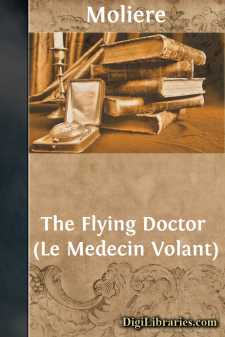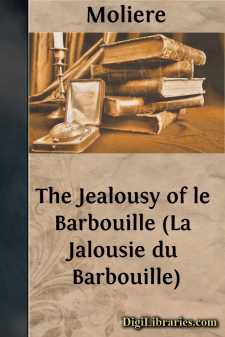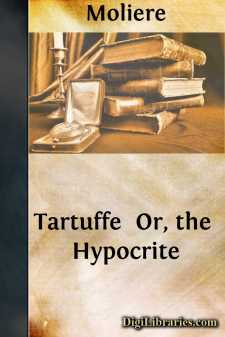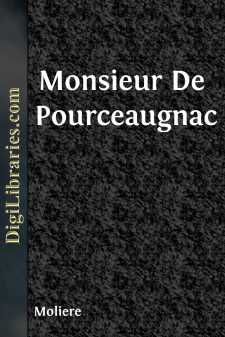Categories
- Antiques & Collectibles 13
- Architecture 36
- Art 48
- Bibles 22
- Biography & Autobiography 815
- Body, Mind & Spirit 144
- Business & Economics 28
- Children's Books 18
- Children's Fiction 14
- Computers 4
- Cooking 94
- Crafts & Hobbies 4
- Drama 346
- Education 58
- Family & Relationships 59
- Fiction 11834
- Games 19
- Gardening 17
- Health & Fitness 34
- History 1378
- House & Home 1
- Humor 147
- Juvenile Fiction 1873
- Juvenile Nonfiction 202
- Language Arts & Disciplines 89
- Law 16
- Literary Collections 686
- Literary Criticism 179
- Mathematics 13
- Medical 41
- Music 40
- Nature 179
- Non-Classifiable 1768
- Performing Arts 7
- Periodicals 1453
- Philosophy 65
- Photography 2
- Poetry 896
- Political Science 203
- Psychology 44
- Reference 154
- Religion 515
- Science 126
- Self-Help 85
- Social Science 83
- Sports & Recreation 34
- Study Aids 3
- Technology & Engineering 59
- Transportation 23
- Travel 463
- True Crime 29
Our website is made possible by displaying online advertisements to our visitors.
Please consider supporting us by disabling your ad blocker.
The Blunderer
by: Moliere
Description:
Excerpt
ACT I.
LEL. Very well! Leander, very well! we must quarrel then,—we shall see which of us two will gain the day; and which, in our mutual pursuit after this young miracle of beauty, will thwart the most his rival's addresses. Do whatever you can, defend yourself well, for depend upon it, on my side no pains shall be spared.
SCENE II.—LELIO, MASCARILLE.
LEL. Ah! Mascarille!
MASC. What's the matter?
LEL. A great deal is the matter. Everything crosses my love. Leander is enamoured of Celia. The Fates have willed it, that though I have changed the object of my passion, he still remains my rival.
MASC. Leander enamoured of Celia!
LEL. He adores her, I tell you.
[Footnote: In French, tu, toi, thee, thou, denote either social superiority or familiarity. The same phraseology was also employed in many English comedies of that time, but sounds so stiff at present, that the translator has everywhere used "you."]
MASC. So much the worse.
LEL. Yes, so much the worse, and that's what annoys me. However, I should be wrong to despair, for since you aid me, I ought to take courage. I know that your mind can plan many intrigues, and never finds anything too difficult; that you should be called the prince of servants, and that throughout the whole world….
MASC. A truce to these compliments; when people have need of us poor servants, we are darlings, and incomparable creatures; but at other times, at the least fit of anger, we are scoundrels, and ought to be soundly thrashed.
LEL. Nay, upon my word, you wrong me by this remark. But let us talk a little about the captive. Tell me, is there a heart so cruel, so unfeeling, as to be proof against such charming features? For my part, in her conversation as well as in her countenance, I see evidence of her noble birth. I believe that Heaven has concealed a lofty origin beneath such a lowly station.
MASC. You are very romantic with all your fancies. But what will Pandolphus do in this case? He is your father, at least he says so. You know very well that his bile is pretty often stirred up; that he can rage against you finely, when your behaviour offends him. He is now in treaty with Anselmo about your marriage with his daughter, Hippolyta; imagining that it is marriage alone that mayhap can steady you: now, should he discover that you reject his choice, and that you entertain a passion for a person nobody knows anything about; that the fatal power of this foolish love causes you to forget your duty and disobey him; Heaven knows what a storm will then burst forth, and what fine lectures you will be treated to.
LEL. A truce, I pray, to your rhetoric.
MASC. Rather a truce to your manner of loving, it is none of the best, and you ought to endeavour.
LEL. Don't you know, that nothing is gained by making me angry, that remonstrances are badly rewarded by me, and that a servant who counsels me acts against his own interest?
MASC. (Aside). He is in a passion now. (Aloud). All that I said was but in jest, and to try you....












